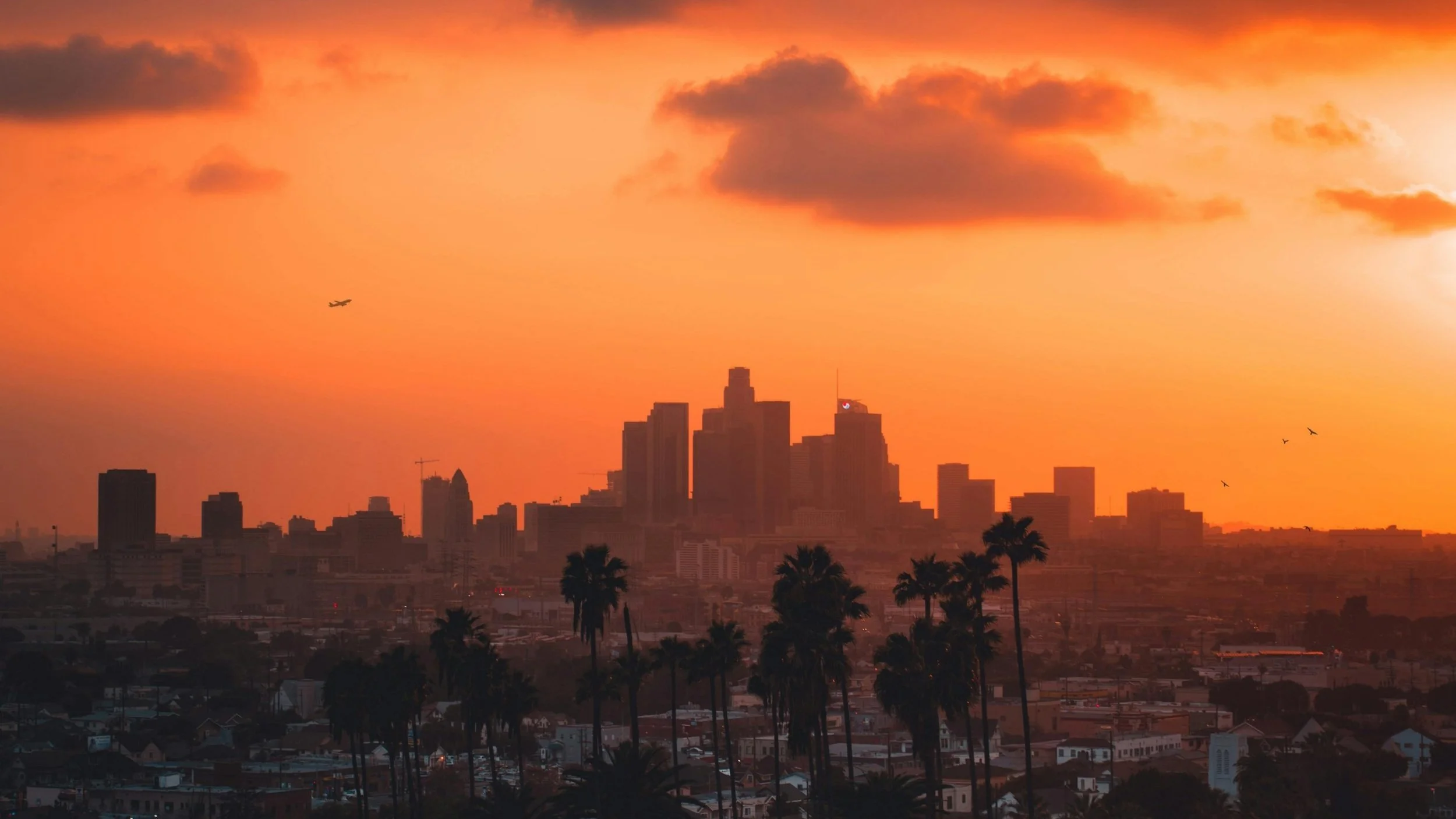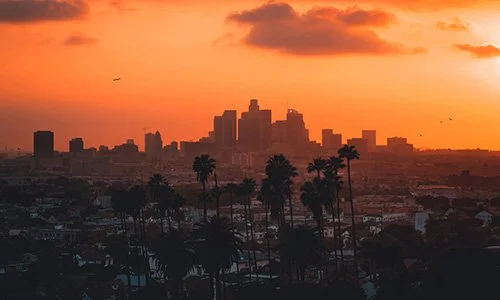When wildfires strike, the damage they cause is often far-reaching. This guide will help you understand the steps you can take to address smoke damage, whether it’s mild or extensive.
The 3 Biggest Insurance Gaps That Could Cost You After a Wildfire
Are You Fully Covered? The Gaps in Your Home Insurance That Could Cost You
The recent fires in Altadena and Pacific Palisades have left many homeowners facing a harsh reality: their insurance policies might not provide the coverage they actually need. Too often, policies are based on outdated valuations
Documenting Your “Total Loss”
Rebuild or Not to Rebuild: Navigating Life After the Fires
How to Navigate Your Insurance Policy After a Loss
Wildfires, Permitting and Construction
The City of Los Angeles has issued orders to bring relief to those rebuilding after the fires:
The city is dedicating a department solely focused on rebuilding, permitting, and construction. This applies to anyone affected by the disaster who wants to rebuild within 110% of their original footprint. For example, if you had a 1,000-square-foot home, you would be allowed to use this expedited process for a home up to 1,100 square feet.






